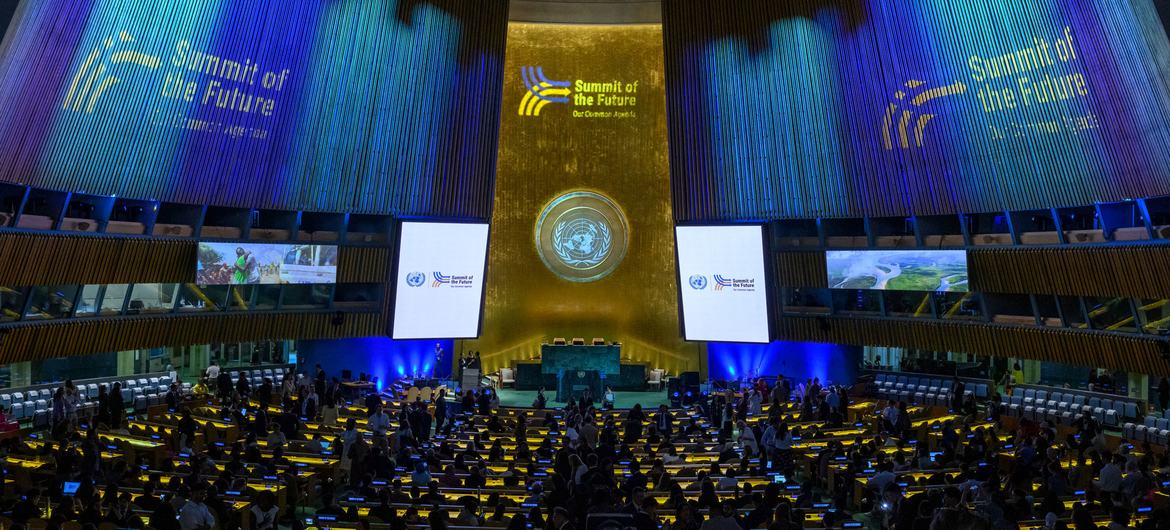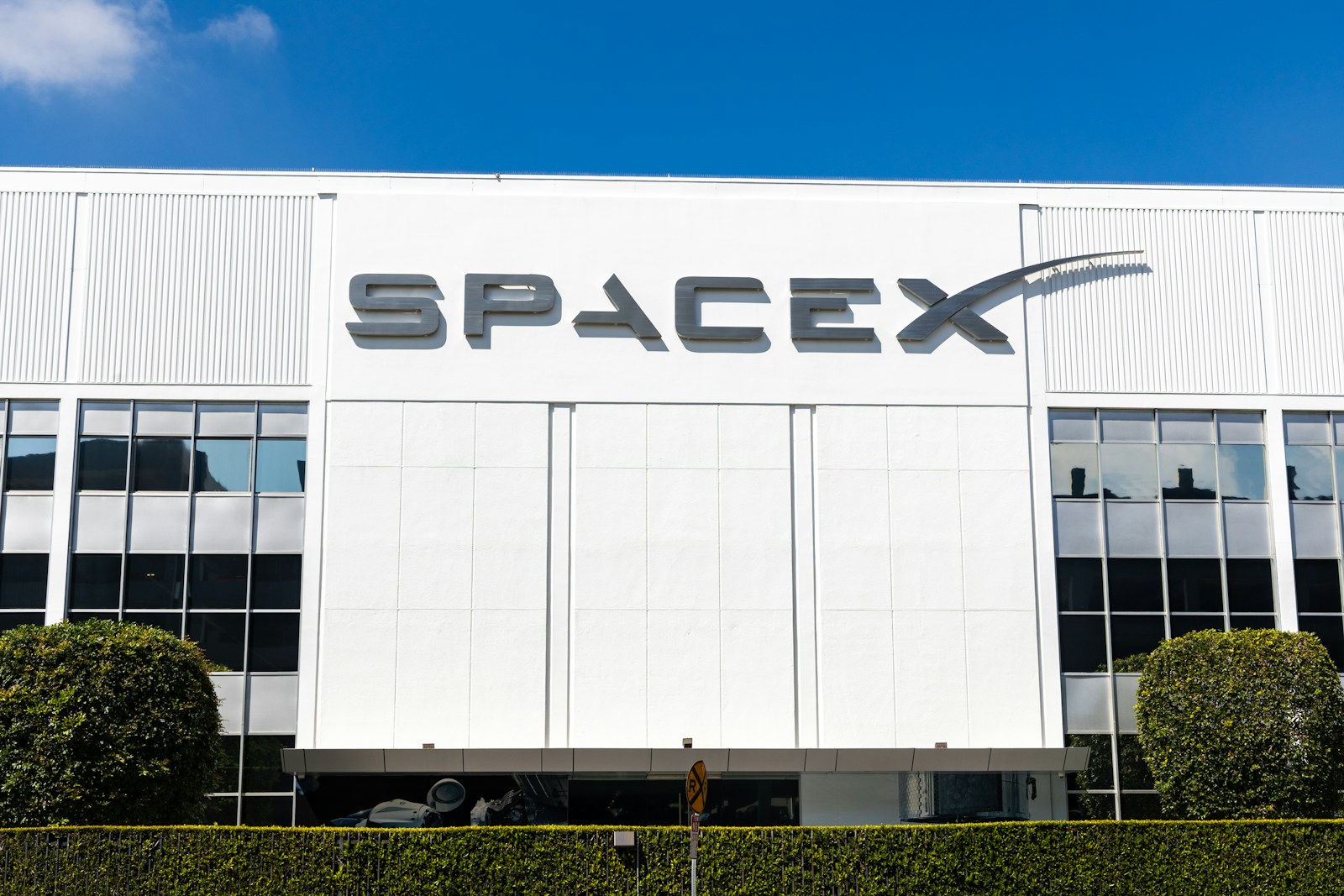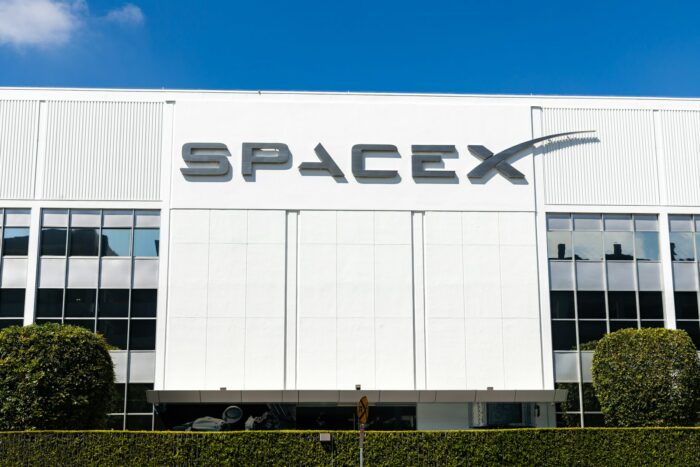Insider Brief
- Heads of State from 193 countries have reached a landmark agreement known as the Pact for the Future, emphasizing the critical importance of space governance, sustainability, and peaceful use of outer space.
- Key takeaways of the pact include strengthening international cooperation, space sustainability, preventing the weaponization of space, the UNISPACE IV Conference, and private sector and stakeholder engagement.
- The Pact was presented at the United Nations General Assembly, Summit of the Future and highlights the growing reliance on space systems and the need for international collaboration to ensure space remains a resource for all of humanity.
Heads of State from 193 countries have reached a landmark agreement, known as the Pact for the Future, emphasizing the critical importance of space governance, sustainability, and peaceful use of outer space. The Pact, presented at the United Nations General Assembly, showcases the growing reliance on space systems and the need for international collaboration to ensure space remains a resource for all of humanity.
The agreement acknowledges the work of the Committee on the Peaceful Uses of Outer Space (COPUOS), which has been instrumental in developing global space governance frameworks for over six decades. As space activities increase, including the return of humans to deep space and the rapid growth of satellites and debris in orbit, the need for better management of space traffic and debris removal is paramount.
Key Takeaways from the Pact:
Strengthening International Cooperation
The Pact reaffirms the Outer Space Treaty of 1967 and calls for nations to enhance collaboration to ensure the peaceful use of space, stressing the importance of global space governance in an era of increased reliance on space-based systems.
Space Sustainability
As part of the agenda, the Pact recognizes the challenges posed by the increasing number of objects in space and calls for urgent action to ensure the safe and sustainable use of outer space. Space sustainability is closely tied to achieving the 2030 Agenda for Sustainable Development.
Preventing Weaponization of Space
The Pact outlines a clear commitment to preventing the weaponization of space. Its focus is on avoiding military conflicts and ensuring space remains a peaceful domain for all.
UNISPACE IV Conference
The Pact encourages discussions on holding the Fourth United Nations Conference on the Peaceful Exploration of Outer Space (UNISPACE IV) to address emerging space challenges in 2027. The conference is expected to focus on space traffic management, active debris removal, and the utilization of space resources.
Private Sector and Stakeholder Engagement
The Pact highlights the critical importance of preventing an arms race in outer space. The agreement strengthens global commitments to use space for peaceful purposes by ensuring space remains a conflict-free zone. It stresses the necessity of international agreements to prevent the militarization of space, ensuring that new technologies do not escalate tensions or lead to conflict in orbit.
Next Steps for Space Sustainability
The United Nations Office for Outer Space Affairs (UNOOSA) is contributing to implementing the Pact, focusing on capacity-building for member states, developing space traffic and debris management frameworks, and establishing markets for debris removal to encourage private sector engagement. These steps are essential for maintaining safe and secure access to space as the global reliance on space-based systems continues to grow.
The Pact for the Future represents a critical step in the evolution of space governance, focusing on the safe and peaceful exploration of outer space for the benefit of all. With rising space activities, the collaboration between nations, industry, and international organizations will play an increasingly important role in shaping the future of space sustainability and governance. By bringing together governments, the private sector, and civil society, this initiative aims to ensure space remains accessible and sustainable.
Image credit: UN
Share this article:










